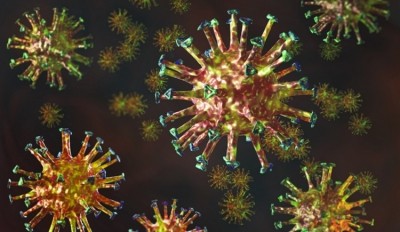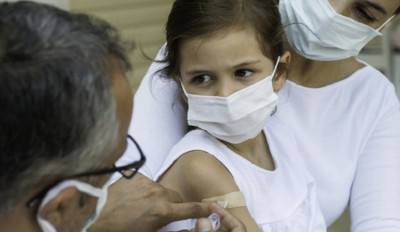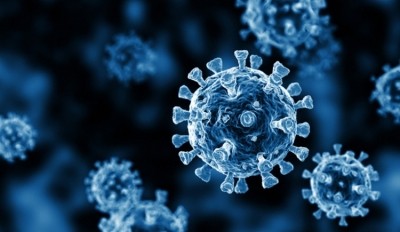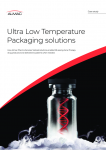WHO grants seal of approval to two new COVID-19 treatments

The World Health Organization (WHO) this week has recommended the use of two new drugs designed to fight the COVID-19 virus. The agency stated that while the recommendations provide a wider range of options to treat the disease, how widely available and affordable they are remains to be seen.
The first of the treatments, baricitinib, is recommended for use in patients with severe or critical cases of COVID-19. WHO recommends that the drug—which is part of a class of drugs called Janus kinase (JAK) inhibitors, suppressing overstimulation of the immune system—be given in combination with corticosteroids.
Baricitinib is an orally administered drug that also is indicated for use in treating rheumatoid arthritis (RA). It is intended to provide an alternative to other arthritis drugs, called Interleukin-6 receptor blockers, which was recommended by WHO in July 2021.
The second drug, sotrovimab, is a monoclonal antibody drug intended for treating mild or moderate COVID-19 in patients who are at high risk of requiring hospitalization; WHO granted conditional recommendation for this treatment. The patients the drug is recommended for include individuals who are older, immunocompromised, have underlying conditions (such as diabetes, hypertension, and obesity), and the unvaccinated.
Sotrovimab is intended as an alternative to casirivimab-imdevimab, a monoclonal antibody cocktail that WHO recommended in September 2021. While studies are ongoing on the effectiveness of monoclonal antibodies against the omicron variant, WHO reports that laboratory studies indicate sotrovimab retains its activity.
WHO’s panel of experts developing the COVID-19 treatment guidelines also considered two other drugs directed at treating severe and critical cases: ruxolitinib and tofacitinib. However, the agency issued a conditional recommendation against their use, citing uncertain effects.
This week’s recommendations constitute the eighth update of WHO’s living guidelines on therapeutics and COVID-19. These are based on evidence from seven trials involving more than 4,000 patients with non-severe, severe, and critical COVID-19 cases.
The two newly recommended drugs have been invited for WHO Prequalification. This program assesses the quality, efficacy, and safety of priority health products to increase access in lower-income countries.

















